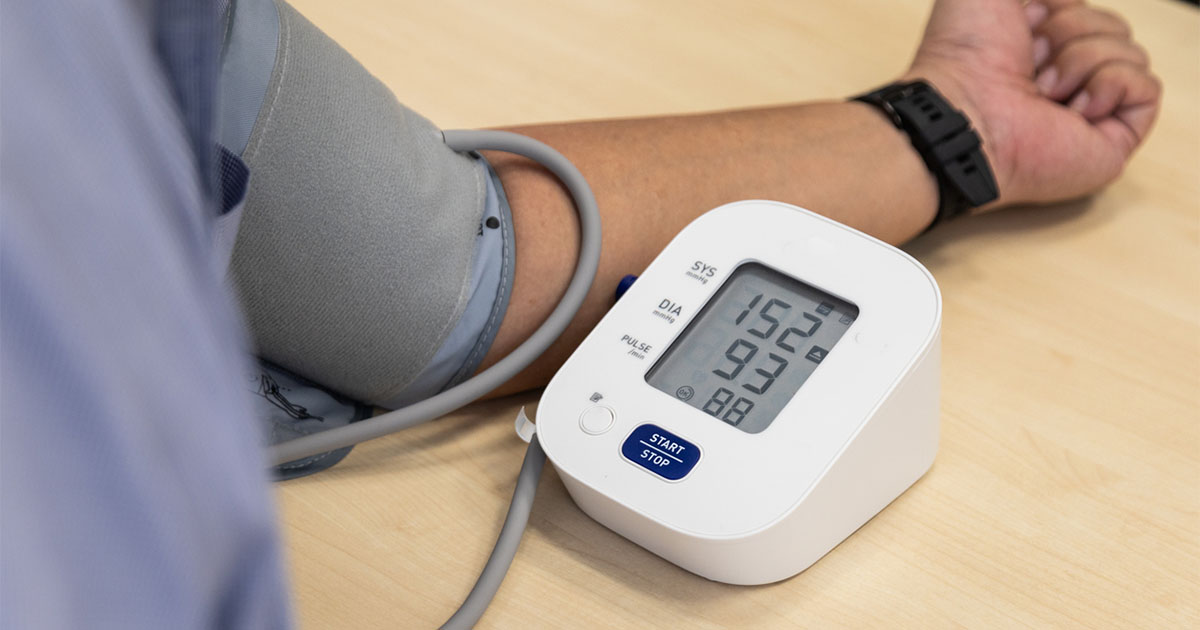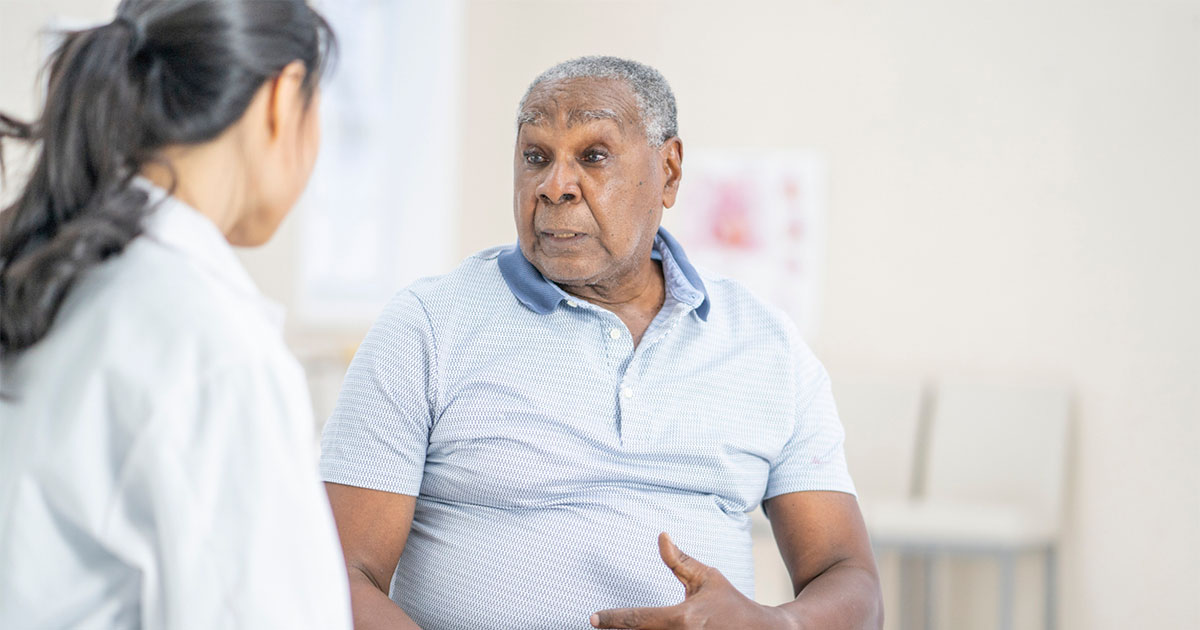The Diabetes Population Prevalence Model (Yorkshire & Humber Public Health Observatory, 2005) yielded some important results on the prevalence of diabetes.
The model was used to estimate that in 2001 over 2.1 million people in England had type 1 or type 2 diabetes, representing 4.4% of the population. These figures include undiagnosed diabetes. Breakdowns by region were also calculated (see Table 1).
As well as estimating prevalence for 2001, the model was used to predict diabetes prevalence for the year 2010. Taking into consideration the combined effects of an ageing population and predicted increases in obesity levels, the figures suggest an increase of just under 16 % from 2001 levels, taking overall prevalence to just over 5%.
Age
The Diabetes Population Prevalence Model was used to provide clear estimates on the increasing prevalence of diabetes seen as people get older (shown in Table 2).
Ethnicity and type 2 diabetes
The prevalence of type 2 diabetes varies across different ethnic groups, as exemplified in Table 3. The exact reasons for the increased prevalence in Black and South Asian people are not known, but it is conceivable that several factors – such as genetic variation, disparities in the way the body stores fat, and cultural differences – may play a part. Once diagnosed with diabetes, people from minority ethnic groups are also more likely to face inequalities in accessing care (Diabetes UK, 2006).
Barriers associated with diabetes care in Asian communities
In Britain, the term ‘Asian’ suggests a single cohesive group, but in reality the communities are from different countries, speak different languages, follow different religions, belong to different social classes and hold different traditions. Diversity in language, religion, cultural norms and expectations can, in the author’s experience, prevent effective communication. There are several barriers which can stand in the way of the delivery of a high quality of care to this group.
These barriers may also prevent healthcare professionals delivering effective educational programmes to Asian people and their families.
One such barrier is that of cultural beliefs. Culture is a complex concept and a multifaceted social phenomenon that has powerful influences on all aspects of life. The author has found that Asian health beliefs often differ significantly from Western health beliefs, and this can result in misinterpretation of diabetes management. In turn, this creates significant barriers for healthcare professionals and can be misconstrued as non-compliance to treatment.
Another potential barrier arises from anecdotal reports of Asian people stopping their medication when they visit their country of origin, because of a belief that the condition has been cured.
Some areas have employed Asian healthcare professionals or link workers to educate other healthcare professionals on the health beliefs of Asian people.
Ramadan
Ramadan is the holy month for Muslim people, falling in the ninth lunar month in the Islamic calendar year. Ramadan is a period of worship, self-discipline, austerity and charity. This time of year can be particularly challenging for people with diabetes and healthcare professionals alike, especially if they are not aware of the meaning and importance of Ramadan to Muslim people. Fasting is obligatory for most healthy Muslim people. Exemption is granted to certain groups, including the under-12s, the sick, older people, pregnant and breast-feeding women, and travellers. People with diabetes can also be exempt from fasting, particularly those individuals whose diabetes is treated with insulin (Diabetes UK, 2003).
Integrated care
Integrated care models for diabetes care are being considered by most diabetes clinical networks and diabetes teams nationwide. These integrated care models will be developed according to local demographics and local need. The National Service Framework for diabetes (Department of Health, 2001) set out the priorities of diabetes networks. One aim should be to provide seamless care for people living with diabetes from the various minority ethnic groups within a community.
The author has observed that more and more integrated diabetes services are including support from interpreters, health trainers and family members. It is common for people with diabetes to give ‘ownership’ of their condition (including responsibility for insulin adjustment and diet) to their families, perhaps because of reluctance to take personal responsibility.
People with diabetes who have undertaken the Expert Patients Programme or a similar course may also be encouraged to get involved.
Slough and Action Diabetes
Slough has a large population of non-White people, and the majority are from South Asia. The prevalence of diabetes in the area is believed to be as high as 7 %, this being predominantly type 2 diabetes (NHS, 2004). In order to raise awareness, to prevent diabetes and to diagnose the condition early among South Asian people, a project called ‘Action Diabetes’ was put in place, which provided sessions in temples and mosques and offered structured education in Punjabi.
A double-decker bus was used to increase diabetes awareness locally (Figure 1). The project was developed together with Dr Foster, and it received funding from the Department of Health and the pharmaceutical industry.
There were a number of objectives for this project, which are detailed in Table 4. Several groups were set up to focus on the task in hand through ‘lunch and learn’ sessions. These took place in various settings in the community, as well as various NHS localities.
What was learnt?
Some of the feedback that came from the people of Slough follow.
- ‘Surely all it takes is for one family member to understand diabetes, to ensure everyone else understands it.’
- ‘Our Asian community needs to be told what to do.’
- ‘Employers need support to implement new menus and encourage employees.’
- ‘We need celebrities and doctors to be vocal about the dangers.’
The outcome
Action Diabetes was launched in October 2004 by John Hutton (Minister of State for Health at the time), the Mayor of Slough, religious leaders and healthcare professionals. After a year, referrals to diabetes education clinics from the South Asian population were up by 30%. A formal evaluation of this project will be available early next year.





Poster abstract submissions are invited for the 21st National Conference of the PCDO Society, which will be held on 19 and 20 November.
10 Apr 2025